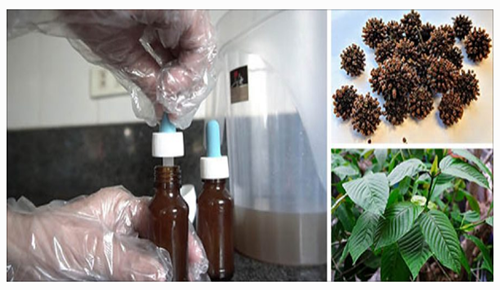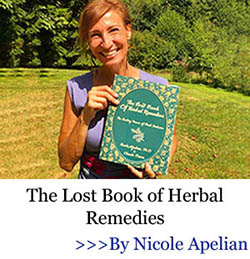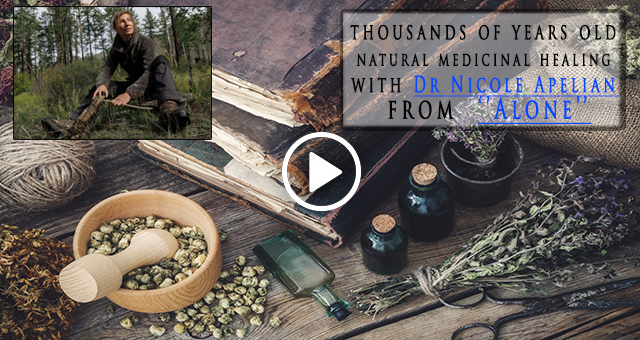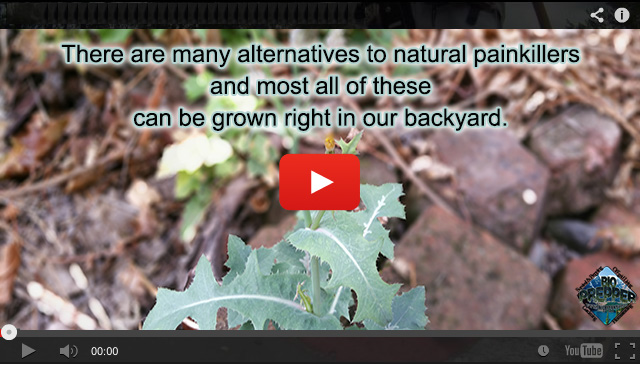
Derived from a type of evergreen tree, kratom contains two alkaloid compounds called mitragynine and 7-hydroxymitragynine. These act directly upon the nervous system to induce a calming, pain-relieving effect.
Although originally from Asia, kratom has slowly started to gain popularity throughout the West in the last couple of years. And a few tear-jerking stories have popped up as well.
Iraq veteran Andrew Turner came back from the war with severe post-traumatic stress disorder. By early 2015, he was barely able to leave his house. He had already tried 26 different prescription pills and none of them had helped much. That’s when Andrew decided to take a drastic step: he quit all his prescription pain medications and tried kratom.

At first nothing changed and he was ready to toss kratom in the bin after his pill bottles. But then, after his third time using kratom, he noticed that his mood was finally lifting after years of torment. His pain subsided, his anxiety eased, and his energy surged. He has continued his treatment with massive success up to this very day.
And he’s not by far the only one to have tried the plant with miraculous painkilling effects. Many other Americans are also turning to kratom to reduce their pain naturally. Most of them are saying the same thing as Andrew: “Kratom gave me a new lease on life”.
 And while stories like these are always heartwarming, let’s focus for now on our main goal—creating a painkilling tincture using kratom. The first and most important step is choosing the right strain of kratom. The strain you select will directly determine how potent the final product will be and the full extent of the pain relieving effects it can deliver. After getting the right strain, it’s recommended that you get at least 5 ounces of it.
And while stories like these are always heartwarming, let’s focus for now on our main goal—creating a painkilling tincture using kratom. The first and most important step is choosing the right strain of kratom. The strain you select will directly determine how potent the final product will be and the full extent of the pain relieving effects it can deliver. After getting the right strain, it’s recommended that you get at least 5 ounces of it.
Related: Is A Veteran’s SHTF Bug In Plan Similar To Yours?
How to Make Kratom Tincture
#1. Start off by thoroughly washing the leaves. Now put your gloves on, place the leaves on the cutting board, and start dicing them until they look as pictured here.

#2. Fill ¾ of your jar with the leaves, and pour vodka on top afterwards, until the jar is almost full. Leave just enough space so you can shake the concoction.
#3. Place the lid on top of the jar, and screw it on tightly to ensure no liquid leaks out. Next, gently but thoroughly shake the jar until the leaves start leaking oil into the vodka.

#4. Leave the decoction to extract for at least 7 days.
#5. Once all the painkilling compounds have been extracted from the kratom leaves, it’s time to strain your tincture. Get your cup and some cheesecloth. Place the cheesecloth on top of the cup. The goal is to filter the tincture, to separate the leaves from the liquid.
#6. Unscrew the lid and gently put everything into the cup while straining through the cheesecloth. Once you’re done, dispose of the leaves how you see fit; you won’t need them anymore.
#7. All you need to do now is place the liquid in the dropper vials and you’re done.

You’ll be happy to know that a properly made tincture has a shelf life of many years. Some say that it may even increase in potency over time before it finally starts to lose some of its power. As with most herbs, proper storage is the key. Keep it out of extreme heat and sunlight.
Related: How to Treat Migraines with an Herbal Tincture
Growing Your Own Kratom Plant
Can you grow a kratom plant? Yes, indeed, you can grow a kratom plant at home. You don’t need to be a professional kratom grower, but you do need to know a few things to do it successfully.
 Let’s start with the basics. Kratom trees are evergreens. Mature trees usually reach a height of 82 feet, and their trunks can be up to 3 feet wide.
Let’s start with the basics. Kratom trees are evergreens. Mature trees usually reach a height of 82 feet, and their trunks can be up to 3 feet wide.
Kratom leaves are dark green and have a glossy surface. They are elliptical, with a heart-shaped base and a hairy underside. When fully mature, these leaves are large enough to cover an average man’s entire palm.
Kratom trees aren’t necessarily hard to take care of, but they might be hard to propagate. You’ve got two options: propagating by seeds or by cuttings.
If you plan on germinating through seeds, keep in mind that those seeds have to be fresh, at most a few days old. Generally, you’ll be lucky if one plant sprouts from 5 or even 10 seeds, so get them in bulk.
An alternative option is to grow kratom plants from cuttings. A cutting is a clipping of a live plant that can be used to propagate it. In the case of kratom, you’d break off a leaf or a twig and keep it in water, moist soil, or moss until it starts growing roots. Covering them, for instance, with a plastic bag can help retain heat and moisture and thus help the plants grow. This method is much faster, and it’s definitely the one I’d recommend.
Related: Do Seeds Really Expire?
Warning: States that have imposed regulations and bans include:
- Alabama, which has marked the plant as a Schedule 1 controlled substance since May of 2016 and banned it completely;
- Arkansas, which has marked the drug as a Schedule 1 controlled substance since February of 2016 and has banned it completely;
- California, which has banned kratom use in San Diego only;
- Florida, which has banned the use of kratom in Sarasota County only;
- Illinois, which only allows the sale of kratom to those over the age of 18. While kratom is legal in Illinois, it is banned in Jerseyville;
- Indiana, which has banned kratom use completely;
- New Hampshire, which only allows the sale of kratom to those over the age of 18;
- Tennessee, which has banned kratom use completely;
- Vermont, which has banned the use of kratom completely;
- Wisconsin, which has banned the use of kratom completely.
It will definitely be interesting to watch future kratom-related news and events. What’s your opinion on kratom? Did you try it?
Editors’s note: Kratom can cause effects similar to both opioids and stimulants. When kratom is taken in small amounts, users report increased energy, sociability, and alertness instead of sedation. However, kratom can also cause uncomfortable and sometimes dangerous side effects. People should ALWAYS check with their health care providers about the safety of mixing kratom with other medicines.
Source: askaprepper.com
WHAT TO READ NEXT:
12 Wild Medicinal Plants You Should Harvest This Fall
Natural Antibiotics With Herbalist Nicole Apelian From Alone
How to Make Anti-Inflammatory Band-Aid Using Plantain
Life Saving Remedies From Claude Davis’s Grandfather
7 Fall Medicinal Wild Flowers You Must Harvest
11 Powerful Native American Medicinal Cures
The 7 Best Medicinal Plants Used by Native Americans
OTHER USEFUL RESOURCES:
THE LOST BOOK OF REMEDIES-All Medicinal Plants and Lost Cures of North America
THE LOST WAYS-Learn the long forgotten secrets that helped our forefathers survive famines,wars,economic crisis and anything else life threw at them
EASY CELLAR-AMERICA’S NATURAL NUCLEAR BUNKERS: FIND THE CLOSEST ONE TO YOUR HOME
THE LOST WAYS 2-This lost super-food will bulletproof you against any food shortage or famine
BLACKOUT USA-EMP survival and preparedness guide
DIY HOME ENERGY-Follow the step-by-step guide from A to Z and you will have a working system to reduce your electricity bills and save energy
MY SURVIVAL FARM-This hidden survival garden will keep you well fed when SHTF


One Reply to “How to Identify and Use Kratom – the Painkilling Plant that Substitutes Opioids”